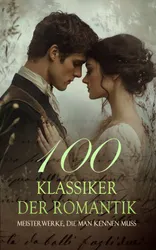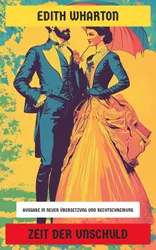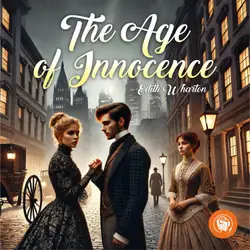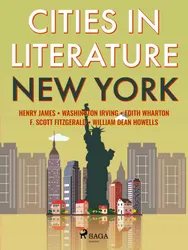In "The Last Asset," Edith Wharton crafts a nuanced exploration of wealth, moral deterioration, and the complexities of human relationships against the backdrop of early 20th-century American society. Through incisive dialogue and a rich narrative style, Wharton delves into the lives of her characters, highlighting the interplay between financial interest and personal ethics. The novella stands out within Wharton's oeuvre as it encapsulates her keen observations on social stratification and the consequences of materialism, while also reflecting prevalent literary movements of her time that emphasized psychological depth and realism. Edith Wharton (1862-1937), the first woman to win the Pulitzer Prize in Literature, was deeply influenced by her own experiences in high society and her advocacy for women's rights. Having faced the confines of elite social expectations, Wharton turned her literary lens toward critiquing those very structures. "The Last Asset" not only showcases her talent for character development but also serves as a commentary on the moral dilemmas faced by individuals drawn into the labyrinth of affluence and expectations. Readers of Wharton's work will find "The Last Asset" an essential addition to the canon of American literature. Its exploration of the often unspoken dynamics of wealth and morality remains profoundly relevant today, making it a poignant and thought-provoking read for anyone interested in the social intricacies of human relations.

Ethan Frome
Edith Wharton
audiobook
100 Klassiker der Romantik - Meisterwerke, die man kennen muss
Jane Austen, Louisa May Alcott, D. H. Lawrence, Fjodor Dostojewski, William Shakespeare, Hedwig Courths-Mahler, Frances Burney, Charlotte Brontë, Alexandre Dumas, Margaret Mitchell, Charles Dickens, L. M. Montgomery, Eugenie Marlitt, Wilhelmine Heimburg, Elisabeth Bürstenbinder, Stendhal, Johann Wolfgang von Goethe, Walter Scott, Guy de Maupassant, Victor Hugo, George Sand, Leo Tolstoi, Gabriele D'Annunzio, Rudyard Kipling, Gustave Flaubert, Nathaniel Hawthorne, Jean Jacques Rousseau, Bernardin de Saint-Pierre, F. Scott Fitzgerald, Prosper Mérimée, Edith Wharton, Lena Christ, François-René de Chateaubriand, Stefan Zweig, Alexander Sergejewitsch Puschkin, Ida Boy-Ed, Arthur Schnitzler, Anatole France, Johanna Spyri, George Eliot, Gaston Leroux, Nataly von Eschstruth, Gottfried von Straßburg, Sophie Mereau, Caroline von Wolzogen, Benedikte Naubert, Henry De Vere Stacpoole, Levin Schücking
book
The Age of Innocence : A Timeless Tale of Love, Sacrifice, and Society's Expectations
Edith Wharton, Zenith Blue Ridge Books
book
Zeit der Unschuld : Ausgabe in neuer Übersetzung und Rechtschreibung
Edith Wharton
book
The Age of Innocence
Edith Wharton
audiobookbook
The Age of Innocence
Edith Wharton
book
Cities in Literature: New York
F. Scott Fitzgerald, William Dean Howells, Washington Irving, Henry James, Edith Wharton
book
Hudson River Bracketed
Edith Wharton
book
Madame de Treymes
Edith Wharton
book
The Age of Innocence
Edith Wharton, HB Classics
book
The Age of Innocence
Edith Wharton, The griffin classics
book
La edad de la inocenca
Edith Wharton
book
